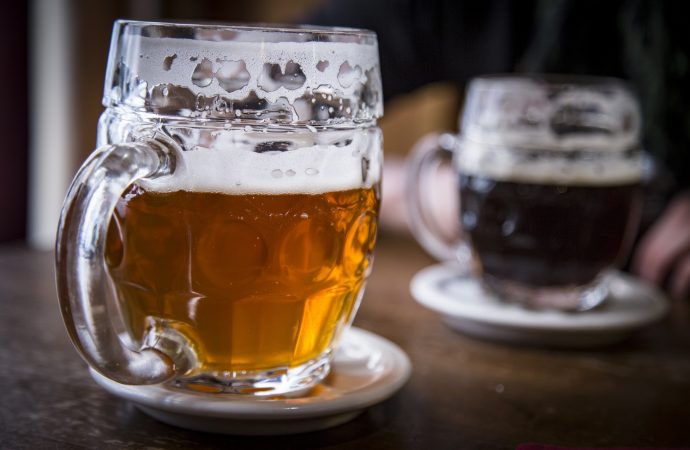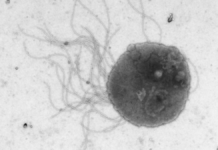Classic Belgian beers result from a rare mixture of different species of yeasts. In industrial environments, several hybrids between Saccharomyces species combine the traits of the parental species and, subsequently, evolve to adapt to distinct beer styles. The results were published today, October 21, in the journal Nature Ecology & Evolution.
Combining the Best of Parental Traits
Researchers isolated yeasts from brewing environments and sequenced their genome. The hybrid yeasts combine the fermentation capacity of the traditional yeasts, such as Saccharomyces cerevisiae, with the capacity to form special aromas of more ancient species, such as Saccharomyces kudriavzevii.
The interspecific hybrids (individuals bred from two different species) present in the brewing environment of classic Belgian beers are rare and are probably favoured by domestication processes.
The study was a joint effort from researchers at the Flanders-based research institute VIB, from the Universities of Leuven (KU Leuven), Gent (UGent), Munich (TU Munchen), and supported by industrial partners. The team hopes to create new hybrids to make novel flavours and to design more sustainable ways of brewing.
Of note, the authors declare that AB InBev, one funder of the study, may benefit from the publication of this work, though it had no role in its design, data collection or analysis.
References
Interspecific hybridization facilitates niche adaptation in beer yeast; Gallone, B, et al, Nature Ecology & Evolution, 2019, DOI 10.1038/s41559-019-0997-9





